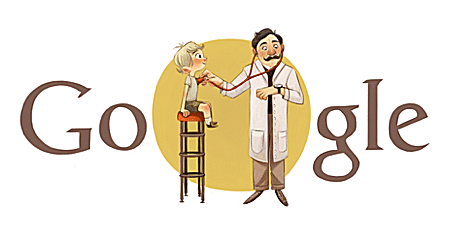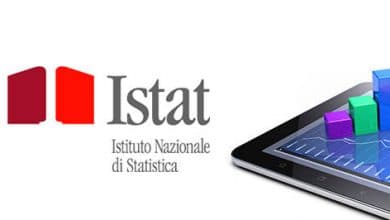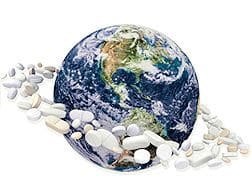
“The sick are sick!” he often says. He suffers the boredom of informants, accepts without comment the private consultations of his patients' autonomous choice. I would say a tolerant Doctor!
Posted On 02 Dec 2014 – zipnews
It's a dayor particularly heavy work: 42 sick people to listen to and visit! I know his high professionalism and also his indulgence: "Sick people are sick!" he often says. He suffers the boredom of informants, accepts without comment the private consultations of his patients' autonomous choice. I would say a tolerant Doctor!
I had never caught such an angry phrase towards a colleague even if sometimes he would have had the occasion. Presumption, arrogance and wisdom coexist comfortably among doctors. Very politely I ask him: "But what did he do to you?".
”He was careless with a patient of mine. He certainly knows more things, has a more universal vision of literature, has texts by illustrious clinicians and knows many languages. He is very well prepared but knows nothing about the sick. I wonder if he cured even one!”. It is difficult for me to follow his reasoning: I would like to ask him who this Dr. Kildaire is. Turin is small … But the friend continues following his thoughts. “You realize that the sick, serious or only with minor ailments, is a fragile subject, who has lost the certainties of daily life. He needs simple words, he wants to be listened to and possibly reassured. He accepts the explanation, but simple, the investigation, but the useful one, he doesn't want experiments, he doesn't want all the prognostic hypotheses flat out. Accept the medicines, as long as they are suggested by the doctor's experience.
He, on the other hand, goes straight into the symptoms, exacerbates the severity of the declared condition, cites chilling statistics and his conclusions are almost always dramatic. A simple headache becomes an incurable disease. He has the coolness of a mechanic on a broken engine!”. “Maybe he's a theorist of informed consent rules,” I suggest.
"No! He doesn't know that sufferers are somehow hypochondriacs and that his behavior leads to cyberchondria. Little does he know that the disparate reasons people search the Internet for medical information are rarely satisfied, and a bitter taste of fear lingers. He doesn't know that very few users have the basis for selecting, skimming and amortizing information". I finally understand. The friend is furious at Doctor Google!
From an American study: about 35 % of people rely on the web to search for information regarding the nature of their physical ailments. Among the faithful of Dr. Google who self-diagnose, 41 % asks his doctor for confirmation of their diagnosis, and 18 % confesses that the doctor did not agree with the prognosis that patients have obtained for themselves.
Unreliability of sources, complexity of information, absence of theoretical foundations risk exaggerating or aggravating the health condition of those who decide to override scientific authority. Let's not bypass the treating doctor to favor the fastest, free and available 24-hour virtual substitute. Dr. Google is only useful for making culture, quick, cheap and, perhaps, even certified.
IN THE FUTURE
After conquering minds, now Google is dedicated to the body. The group led by Larry Page intends, in collaboration with the American universities of Stanford and Duke, to identify biomarkers capable of identifying diseases in advance of the manifestation of the first symptoms. Google X, the laboratory that has already developed self-driving cars, will take care of it; Google Glass glasses that allow you to get information from augmented reality; contact lenses that allow you to calculate, through tears, the glucose rate in diabetics.
The author





